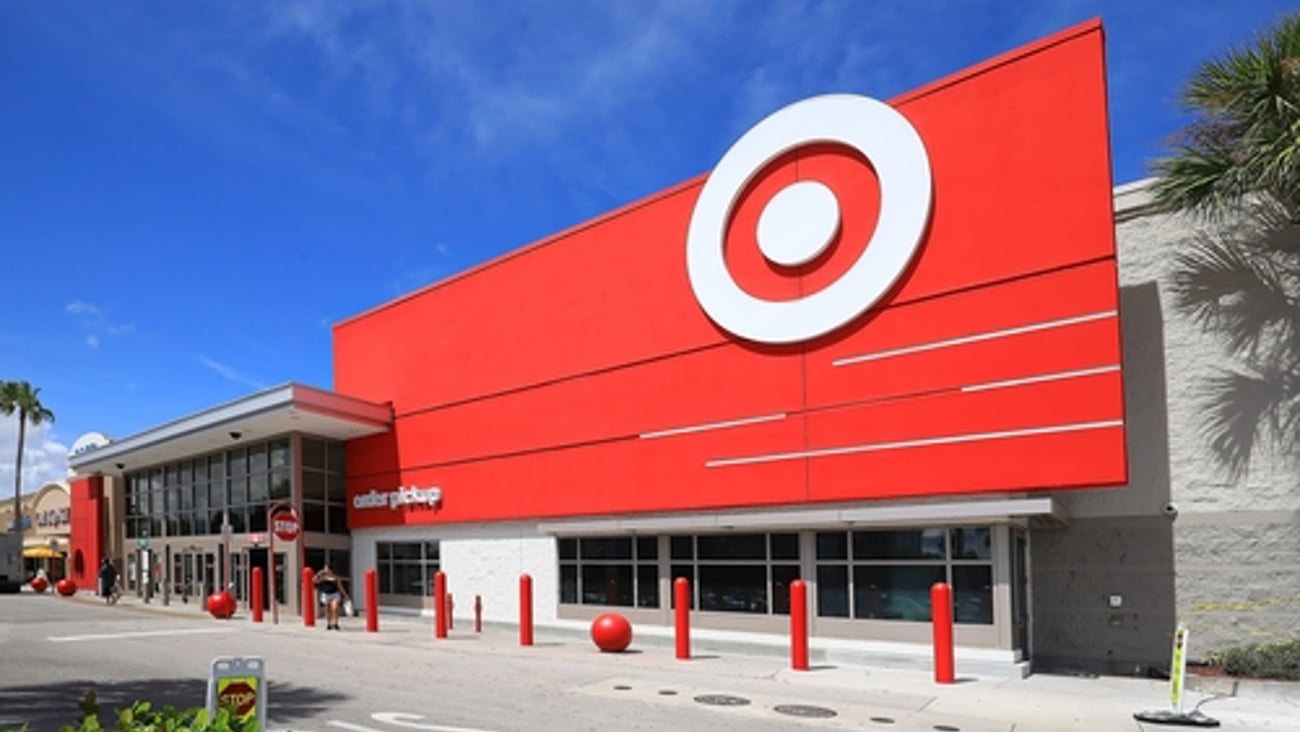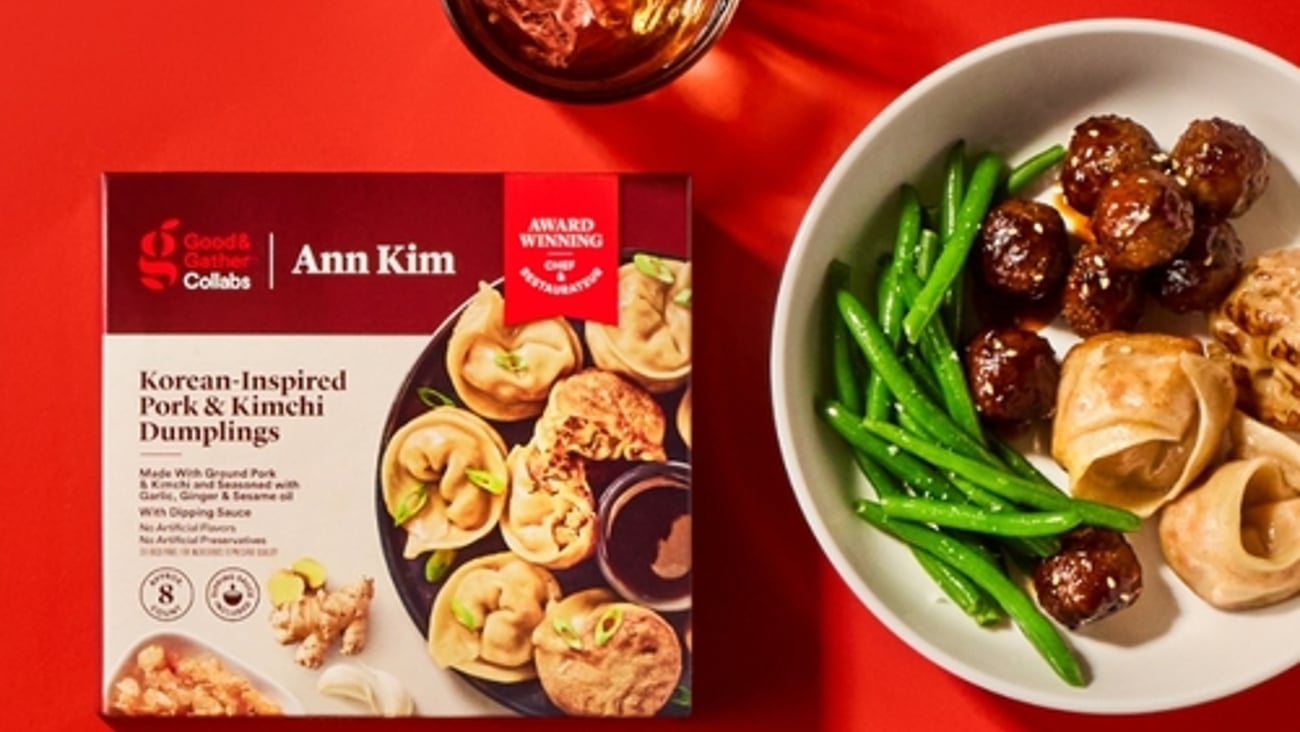A Unique Effort To Address Shrinkflation
Higher prices have been an ongoing topic of discussion across the retail world, and while this issue has challenged consumers to be more selective with their purchases, it has also been a key driver of private label product sales growth throughout 2023.
But one topic that has largely stayed off the radar for many is the issue of shrinkflation. To start, let’s call it what it is. Shrinkflation is a tactic used by some national brands to deceive shoppers. The effort is done to try and convince shoppers they’re not paying more for something, when in reality, they are paying more for something by paying the same or more for less.
While shrinkflation has not been topic one among conversations with retailers here in the U.S., a recent article in The Guardian on the topic caught my attention.
Carrefour, one of Europe’s largest retailers, put labels on its shelves to warn shoppers about shrinkflation. Per the article, 26 products have been tagged with labels on shelves that read, “This product has seen its volume or weight fall and the effective price from the supplier rise.”
The article cited a few products that have been tagged. Sugar-free peach-flavored Lipton iced tea (produced by Pepsi) is now on shelves at 1.25 liters, down from 1.5 liters, resulting in a 40% effective increase in the price of a liter. Also, Guigoz infant formula (owned by Nestle) shrunk from 900 grams (31.75 ounces) to 830 grams (29.3 ounces). To no surprise, The Guardian received no response from Pepsi when a comment was sought, and Nestle declined to comment.
A spokesperson for Carrefour told The Guardian the aim of the shelf tags is to stigmatize these products in an effort to get manufacturers to rethink their pricing policy.
Additionally, Carrefour CEO Alexandre Bompard, said product suppliers are not cooperating in efforts to cut the price of products despite declines in the cost of raw materials.
This decision to highlight this issue is certainly an interesting move by Carrefour. Would the largest U.S. retailers such as Walmart, Target, Costco, and Kroger do the same? Some retailers on this side of the Atlantic have complained about continuing high prices, even as raw material costs have slowed or even declined somewhat.
Many retailers throughout 2023 have expanded their private label assortments, whether it’s food & beverage, apparel or home products. Perhaps it’s time for U.S. retailers to take another step in helping their shoppers save money: Highlight those brands that are playing the shrinkflation game and also highlight the comparable private brand product, and note the difference in price and size, where applicable.
Shoppers are busy and they need some assistance as they look to save money. I’m sure they would be grateful for the help from their favorite retailers.







